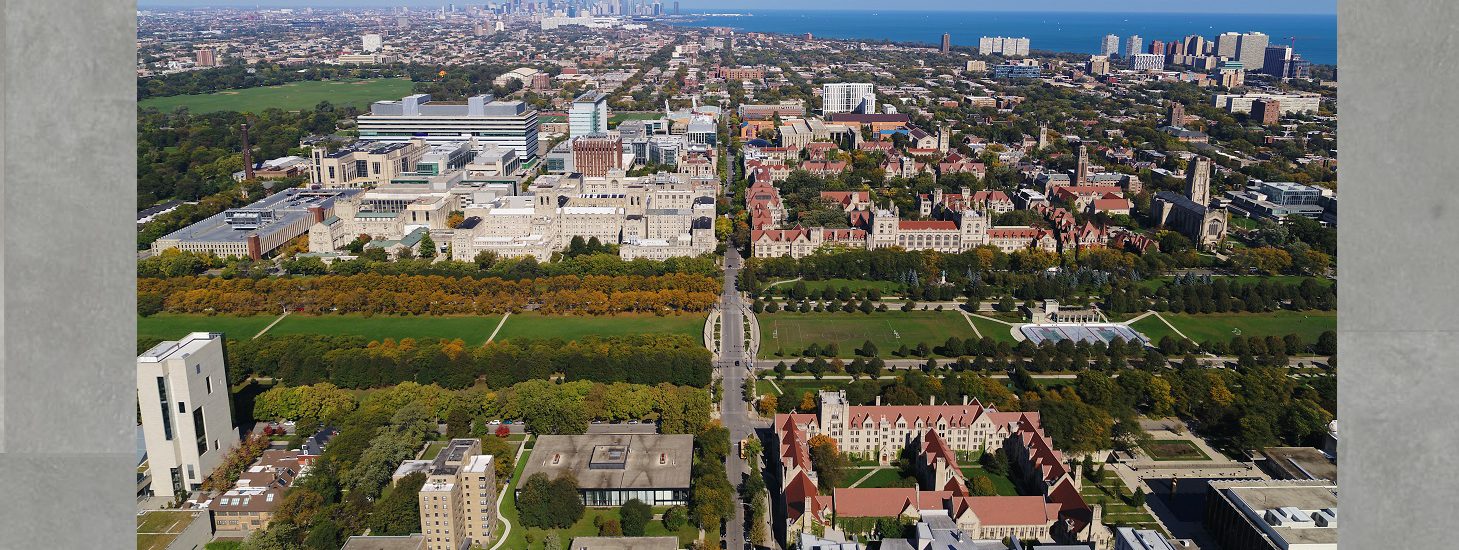Half a century ago, a team of physicians lead by Alvin Tarlov, MD, recommitted the University of Chicago to running a leading-edge program in general medicine. Hospitals across the country took note.
Wellness journey, holistic healthcare, integrative medicine: All of these terms highlight the increasing emphasis on viewing patients as whole individuals who harbor more than a specific ailment or medical need. Today, good healthcare does more than just address a patient’s illness or injury; it also endeavors to care for that person’s mental, physical, emotional and social needs, with the understanding that each of these components plays a role in an individual’s overall health.
Many may not realize that the University of Chicago Medicine played a key role in this evolution nearly 50 years ago by establishing one of the first sections of general internal medicine in 1973.
At the time, most physicians in the United States were focused on subspecialization — fields such as cardiology or pulmonology — in part because the National Institutes of Health was expanding its funding of subspecialized research. In fact, the University of Chicago’s School of Medicine, established in 1927, had been organized around subspecialties, a decision that had placed it ahead of its time.
By the late 1960s, however, Alvin Tarlov, MD, the new Chair of Medicine, was helping to spearhead a shift in thinking that would reverberate across the United States. Growing up, Tarlov’s uncle, neurosurgeon Isadore Tarlov, had greatly influenced his nephew with his time spent helping migrant workers in Coney Island, New York. As a young doctor, Alvin Tarlov studied rehabilitation and recidivism after being assigned in the 1960 doctor’s draft to help with a malaria drug trial at an Illinois prison. (Lisa Belkin, Tarlov’s stepdaughter, is writing a book about her stepfather’s experience working on this University of Chicago-led clinical trial and the friendship Tarlov struck up with one of the prisoners who volunteered to participate.)
Tarlov was confident in his belief that doctors needed to view their patients as whole individuals — not merely organs or appendages that weren’t working correctly — and that a bona fide section of general internal medicine would only strengthen subspecialties.
(Originally posted on BSD website 3/14/2022)

